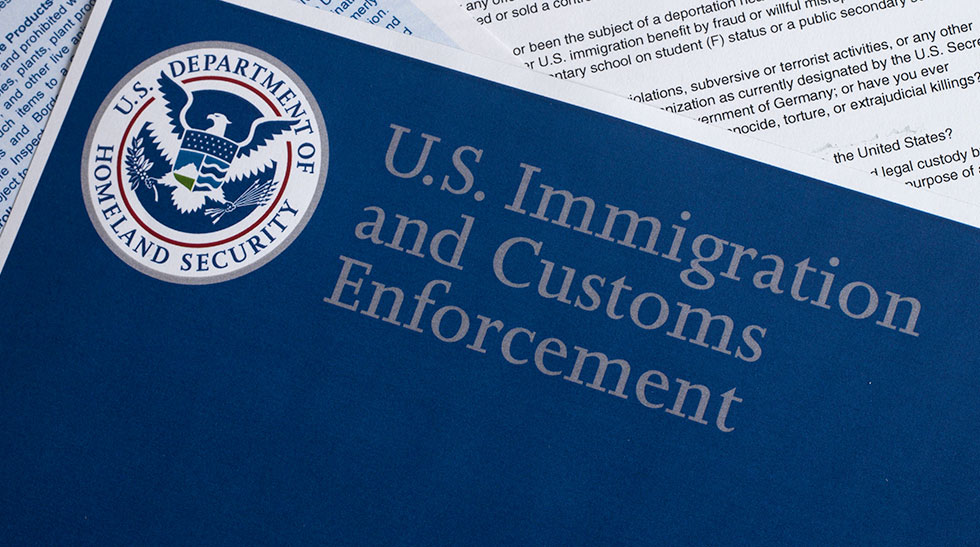Canada becomes the first G7 country to legalize cannabis
On October 17, 2018, the Cannabis Act made Canada the second country in the world – and first member of the G7 – to legalize recreational cannabis and create a national cannabis market. The Nova Scotia Liquor Corporation (NSLC) reported a staggering $660,000 in sales throughout the province on the first day of legalization alone.
Despite state laws, the U.S. federal government’s position on cannabis remains unchanged
A historic moment indeed. But precedent-setting? Our neighbours to the South likely don’t see it that way. Although nine states and the District of Columbia allow for recreational cannabis use and 30 states allow for medical use, cannabis is still prohibited under federal law in the United States. The border that separates Canada and the US is guarded by the United States Border Patrol, a federal law enforcement agency. This means that when crossing the border, cannabis remains strictly prohibited.
Statement of U.S. Customs and Border Protection
In anticipation of legalization in Canada, U.S. Customs and Border Protection released a statement noting that cannabis remains illegal under US federal law and that violating US federal law can result in “denied admission, seizure, fines, or apprehension”.
The official statement goes on to stress that any person “who is determined to be a drug dealer or addict, or who is convicted of, admits having committed, or admits committing, acts which constitute the essential elements of a violation” will be denied entry to the U.S.
Critically, Canadian citizens who are “working in or facilitating the proliferation of the legal marijuana industry in Canada” and are coming to the U.S. for business related to the marijuana industry may be denied entry. However, Canadians involved in the cannabis industry who are travelling to the U.S. for pleasure will “generally” be allowed to cross the border.
Takeaways for Employers
In addition to updating internal workplace drug and alcohol and occupational health and safety policies, employers who conduct business in the U.S. should also ensure that they educate themselves and their employees on the continuing prohibition of cannabis in the U.S. and the potential repercussions of violating U.S. Federal law.
All employers should be cognizant of the heightened awareness of legal cannabis at the border and the strict enforcement of federal law by US Customs and Border Protection. Canadian employers operating in both Canada and the U.S. should take particular care to ensure that employees crossing the border as part of their job responsibilities are aware of the federal prohibition on cannabis and any other relevant drug regulations specific to their industry. The biggest impact will be on employers or employees in the Canadian cannabis industry who are effectively prohibited from entering the U.S. on industry business. Although they will “generally” be allowed to enter the US for non-business travel, it is also important to note that this incorporates a degree of discretion by the border guards on duty.
This publication provides general information and should not be relied on as legal advice or opinion. Should you have any questions or require legal advice, we would be pleased to assist you with any matters related to the subject matter of this publication or any legal services provided by Barteaux Labour and Employment Lawyers Inc. Please contact us for assistance.

